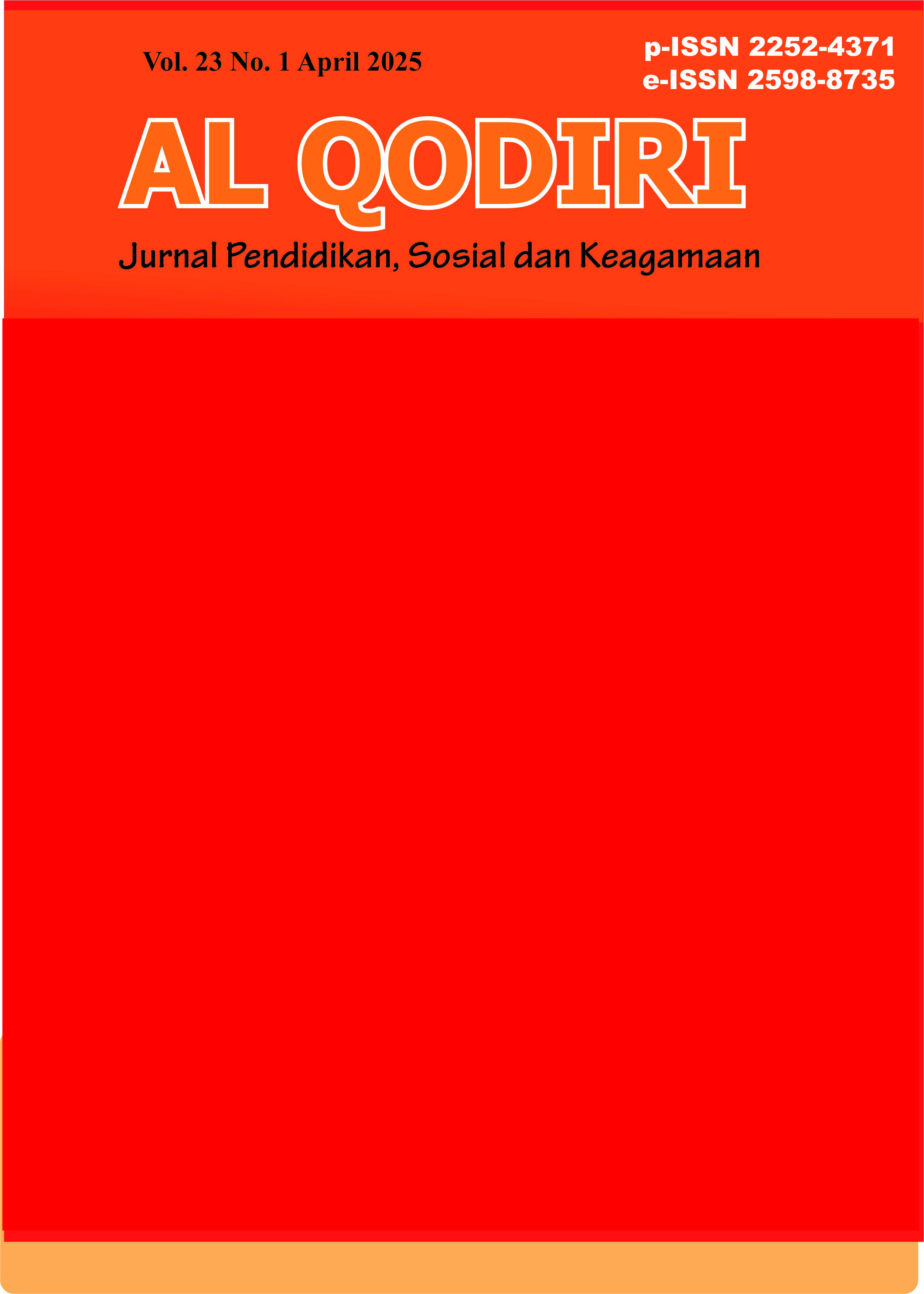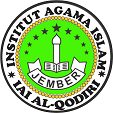Implementasi Media Pembelajaran Berbasis Teknologi Terhadap Hasil Belajar Fiqih Di MTs. Negeri 1 Tanggamus
Abstract
Modernization has had a significant impact on the growth of learning in madrasahs, and Madrasah Tsanawiyah Negeri 1 Tanggamus is one of the many madrasahs that have begun to accept the flow of modernization, for example the use of technology-based learning media. This study aims to analyze the implementation of technology-based learning media in fiqh learning, to analyze the supporting and inhibiting factors of the use of social media in fiqh learning and to analyze the results of fiqh learning after the implementation of technology-based learning media. This research is a qualitative descriptive research. The subjects in this study were students and fiqh teachers, the data collection methods used in this study were interviews and documentation. The data sources used in this study were primary data sources of fiqh teachers of MTs Negeri 1 Tanggamus. The data analysis techniques used were reduction, data display, conclusions and validity checks. The results of the study show that the implementation of technology-based learning media in fiqh learning consists of three stages, namely planning, implementation and evaluation. The steps taken involve wise learning planning, goal setting to create intelligent humans integrated with technology, standardization of learning and teachers, and utilization of digital learning resources. The implementation of technology-based fiqh learning at MTs Negeri 1 Tanggamus is a structured and continuous process involving three main stages, namely initial activities, core activities, and closing activities. Supporting and inhibiting factors for the use of social media in fiqh learning involve adequate technological infrastructure, interactive educational content, training and support for teachers. Good technological infrastructure, diverse educational content, active training for teachers, and integration of technology extracurricular activities are the drivers of successful fiqh learning at MTs Negeri 1 Tanggamus. Fiqh learning outcomes after the implementation of technology-based learning media increased, but not because of the influence of the use of Instagram social media, this could be influenced by other factors, such as aspects of nature that have basic abilities, attitudes and sometimes students play an active role in learning. Keywords: Media; Technology; Learning Outcomes; Fiqh.
Published
2025-04-23
How to Cite
Agus Mardiyanto, Imam Syafi’i, & Siti Roudhotul Jannah. (2025). Implementasi Media Pembelajaran Berbasis Teknologi Terhadap Hasil Belajar Fiqih Di MTs. Negeri 1 Tanggamus. Al Qodiri : Jurnal Pendidikan, Sosial Dan Keagamaan, 23(1), 77-97. https://doi.org/10.53515/qodiri.2025.23.1.77-97
Section
Articles
Copyright (c) 2025 Agus Mardiyanto, Imam Syafi’i, Siti Roudhotul Jannah

This work is licensed under a Creative Commons Attribution-ShareAlike 4.0 International License.





